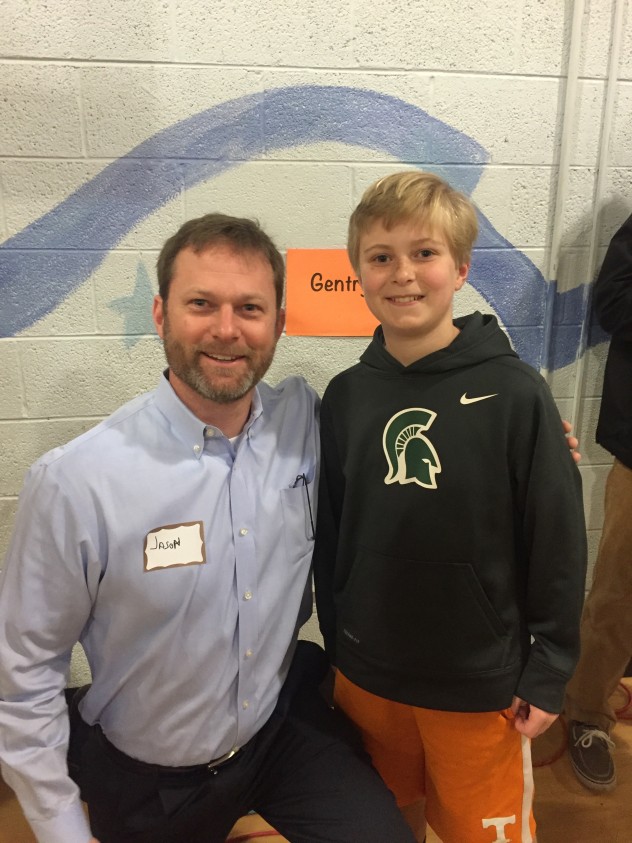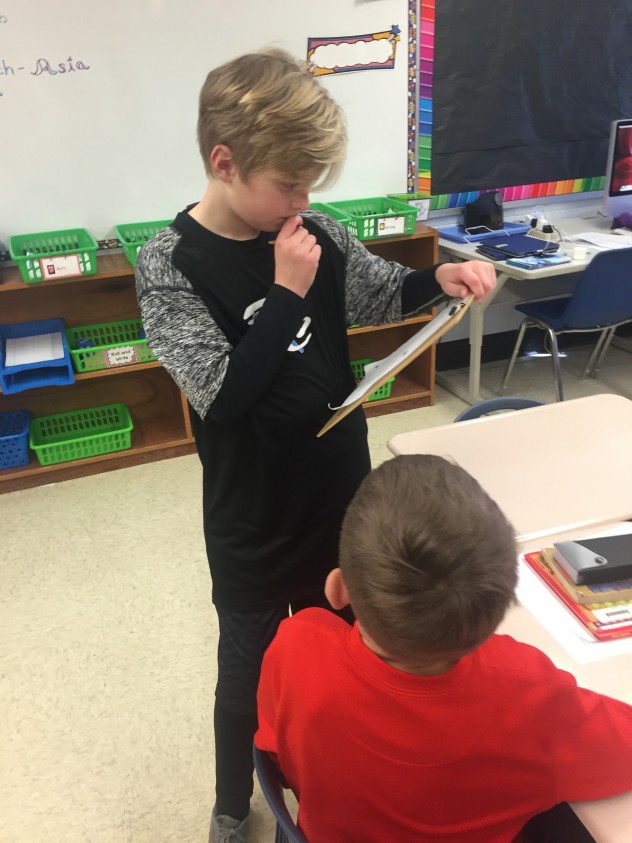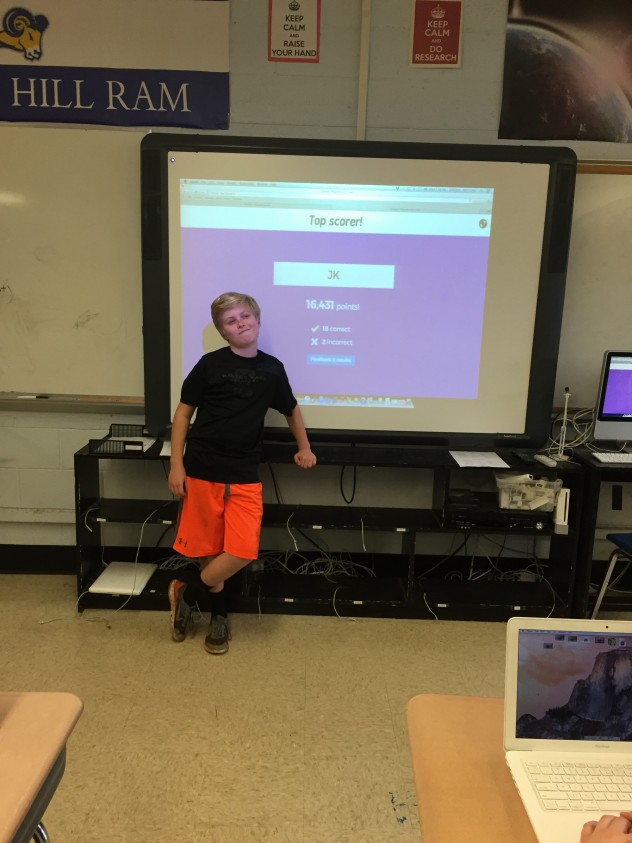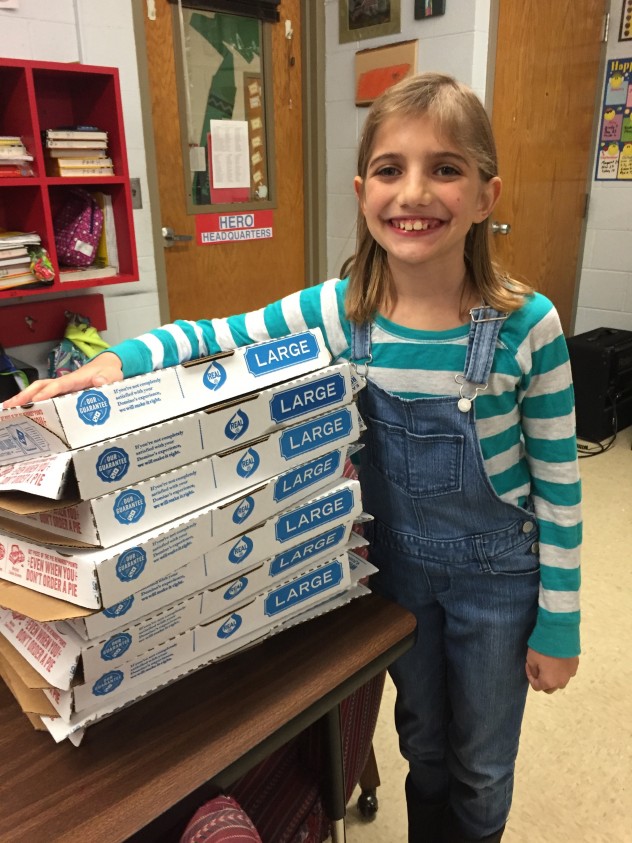Week 26 was baller. First I got to miss the first half of Monday. I went to a Marco Rubio rally at TAC air hanger. I got to go up on stage. Also we had TN ready testing. That was week 26.

Haney Court
Homework In School from Jordan Haney on Vimeo.
Literacy Night
Literacy Night 1
Literacy Night 1 from Jordan Haney on Vimeo.
Literacy Night 2
Literacy Night 2 from Jordan Haney on Vimeo.
Literacy Night 3
Literacy Night 3 from Jordan Haney on Vimeo.
Literacy Night 4
Literacy Night 4 from Jordan Haney on Vimeo.
Literacy Night 5
Literacy Night 5 from Jordan Haney on Vimeo.
Prompts
Why I Am For Pluto
By: JK
I recently read the two articles “What is a Planet” from NASA and “When is a Planet Not a Planet?” by Daniel Santos, and the articles debated the issue on whether Pluto should be reclassified as a Planet or Pluto should remain a dwarf planet like how it has been for the past 10 years. However, Pluto has been a dwarf planet for 10 years it was a planet for over 75 years before the IAU (International Astronomical Union) reclassified Pluto as a dwarf planet. Therefore, I strongly believe that the IAU was wrong when they reclassified Pluto as a dwarf Planet because of unjust voting of the definition of a planet. Also that definition is vague, and the history behind Pluto.
To support my opinion of that Pluto should be a planet others and I feel that the IAU was unjust when they voted for the definition of a planet. My sources say that only 500 members of the IAU voted there are over 10,000 IAU members in the world. To put it in an easier way to grasp only 20% of the IAU voted. In another way more PAPs (people against Pluto) could have been purposely invited. To me it just doesn’t seem right.
Also the definition is very vague. My sources state that scientist and nonscientist alike view the definition as unclear. Also how much does Pluto have “clear” its neighborhood to be conceded a planet and meet the third criteria of the definition of a planet. Further more Pluto has influenced its neighborhood since it formed as a planet. That is only two of my reasons here is my third.
Pluto was a planet for 75 years before it was reclassified as a dwarf planet. Think about how much money it cost to change ever source that stated Pluto was a planet. Also everyone had to be reedited about the matter. Just because science proves something doesn’t mean we have to go by it.
In conclusion, even though some of my peers disagree I strongly believe Pluto should be a planet because of unjust voting of the definition of a planet. Also that definition is vague, and the history behind Pluto. I formed my option after reading, “What is a Planet” from NASA and “When is a Planet Not a Planet?” by Daniel Santos.
Compare Contrast Practice
By: JK
Have you ever wanted a Border Collie as a pet? Well I read the two articles “It’s a Dog’s Life” by Rebecca Upjohn Snyder “Hide-and-Seek School” by Vivienne Lenk and in the text it stated that Border Collies do not make good pets. Also good pets like Golden Retrievers and Labs can be trained to save lives in an avalanche. Both dog are similar but also very different.
In the two articles “It’s a Dog’s Life” by Rebecca Upjohn Snyder and “Hide-and-Seek School” by Vivienne Lenk describe how Border Collies and avalanche rescue dogs are similar in many ways. In “It’s a Dog’s Life” by Rebecca Upjohn Snyder she states that ”It is clear that he loves them as much as they love him.” In “Hide-and-Seek School” by Vivienne Lenk Mr. Lenk states that when snow season is over, the dogs get a well earned break. They do all the things students do on summer vacation—swim, play, and relax. Also one of the dog’s handlers referred o herself as her dog “mama”. Therefore they are loving and loved. Also they are great working dogs. In “It’s a Dog’s Life” by Rebecca Upjohn Snyder she states that ”David expects his Border Collie to earn their keep by working. Because border collies have such a strong desire to work, David never sells the puppies he breeds as pets.” Also in “Hide-and-Seek School” by Vivienne Lenk he states that “The dogs are trained to find people buried in avalanches, and finding an avalanche victim without the use of a dog takes a lot of people, time, and resources.” These two kinds of dog share many fascinating similarities. On the other hand they differ in many ways.
In the two articles “It’s a Dog’s Life” by Rebecca Upjohn Snyder and “Hide-and-Seek School” by Vivienne Lenk describe how Border Collies and avalanche rescue dogs are different in many ways. First off “It’s a Dog’s Life” by Rebecca Upjohn Snyder she states that “David never sells the puppies he breeds as pets.” However in “Hide-and-Seek School” by Vivienne Lenk he state that “The teachers are members of the Breckenridge Ski Patrol. The dogs are their personal pets and rescue partners.” Also the text said that border collies work more with animals instead of people. In contrast the text states that rescue dogs only work with people. These two kinds of dods differ in many ways.
In conclusion, the two articles “It’s a Dog’s Life” by Rebecca Upjohn Snyder “Hide-and-Seek School” by Vivienne Lenk do a good job of describing the two kinds of dogs Border Collies and avalanche rescue dogs. Remember if you ever go to a sheep farm or get trapped more than five feet of snow just think of that wonderful dog you will get to see.
Pollution cc
By: JK
After you are done drinking aa nice cold refreshing water bottle what do you do with it? Or, when you see a Coke can on the Beach? I read the two commentaries “Drinking Water: Bottled or from the Tap?” by Catherine Clarke Fox and “Art for Ocean Animals” by Elise Jonas-Delson and state you recycle a use water bottle or just not drink on at all. Also you could donate the trash to Angela Haseltine Pozzi who makes trash into art. In this report I will tell you how Elise Jonas-Delson’s and Catherine Clarke Fox’s opinions on littering and pollution are similar but differ in many ways.
Here are some similarities how in “Drinking Water: Bottled or from the Tap?” by Catherine Clarke Fox and “Art for Ocean Animals” by Elise Jonas-Delson express their opinions about littering and pollution. They both agree that littering and pollution is bad. Catherine Clarke Fox said “Water bottles end up as trash on the land and in rivers, lakes, and the ocean.” And Elise Jonas-Delson states “glass and plastic bottles, some of which are from the Beijing Olympics of 2008. The bottles started landing on the beaches in Oregon in 2010.” Also They both believe in better way instead of littering. glass and plastic bottles, some of which are from the Beijing Olympics of 2008. “Art for Ocean Animals” by Elise Jonas-Delson” said “When people spot litter on beaches, they drop it off at Artula Institute for Arts and Environmental Education, in Bandon, Oregon.” And in “Drinking Water: Bottled or from the Tap?” by Catherine Clarke Fox she stated “Remember this: Recycling one plastic bottle can save enough energy to power a 60-watt light bulb for six hours.” Those are just the similarities of their opinions about littering and pollution here are the differences.
Here are some differences how in “Drinking Water: Bottled or from the Tap?” by Catherine Clarke Fox and “Art for Ocean Animals” by Elise Jonas-Delson express their opinions about littering and pollution. Ms. Fox has a more negative view on littering and pollution in contrast Elise Jonas-Delson is more like rainbow after a storm. I use that analogy because she agrees that littering is bad but she states that “Angela Haseltine uses the trash to create giant sculptures of marine animals.” However Catherine Clarke Fox comes out and says “Or, even worse, they end up as trash on the land and in rivers, lakes, and the ocean.” Another way their opinions differ is what you should do litter. In “Drinking Water: Bottled or from the Tap?” by Catherine Clarke Fox the texts states “Plastic bottle recycling can help—instead of going out with the trash, plastic bottles can be turned into items like carpeting or cozy fleece clothing.” However in “Art for Ocean Animals” by Elise Jonas-Delson the commentary stated “A project is Washed Ashore and its goal is to raise awareness about the effects of littering on ocean animals.” Those were The differences of Catherine Clarke Fox and Elise Jonas-Delson opinion about littering and pollution.
In conclusion, Elise Jonas-Delson’s and Catherine Clarke Fox’s opinions on littering and pollution are similar but differ in many ways. Remember Angela Haseltine Pozzi believes Kids have a lot of power,” she told TFK. “They are the ones that can make things happen. I really believe it”



